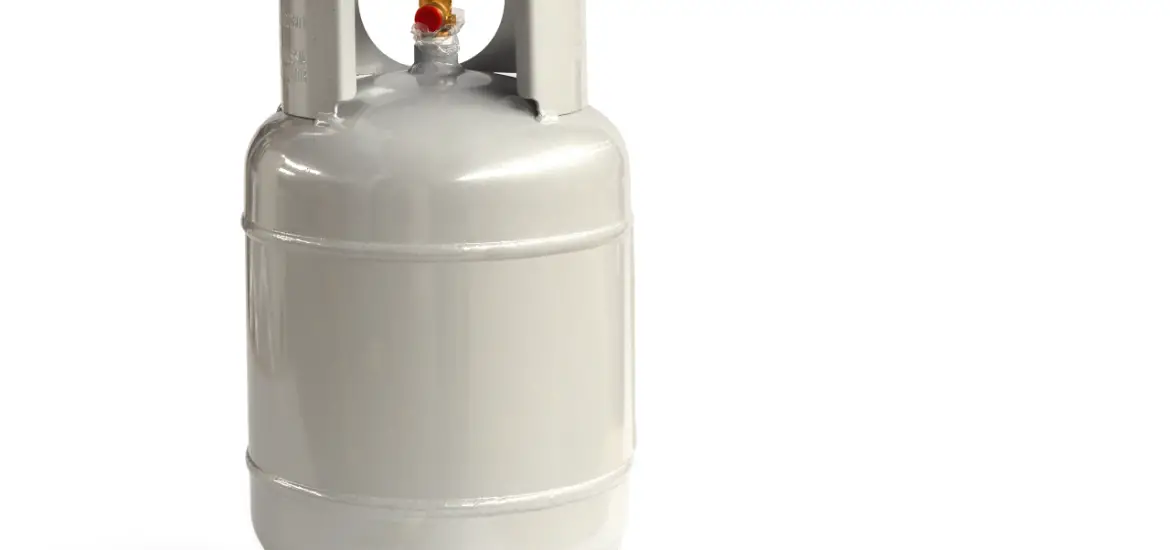Ever felt stuck in a refrigerant rut? Well, look no further. This guide has all you need to know about HP 80 refrigerant replacement.

Table of Contents
Understanding HP 80 Refrigerant
What is HP 80 Refrigerant?
So, what’s this HP 80 we’re talking about? HP 80, also known as R-402A, is a refrigerant blend. We often see it in low-temperature refrigeration systems. But, as with any good thing, there can be a few snags.
Common Issues with HP 80 Refrigerant
You might be wondering, “Why would I need to replace my HP 80 refrigerant?” It’s not all smooth sailing with HP 80, friends. Sometimes, it’s not as efficient as we’d like, or it might not play nice with certain equipment.
Reasons for HP 80 Refrigerant Replacement
Regulatory Changes
Who’d think red tape could affect your refrigeration, right? Well, it turns out regulatory changes can push us towards replacing HP 80. Just ask the Environmental Protection Agency (EPA). They have phased out some refrigerants due to environmental concerns.
Environmental Concerns
Speaking of the environment, did you know that HP 80 isn’t the greenest choice? With a high global warming potential, it’s like driving a gas-guzzling SUV when we should be pedaling a bike.
Equipment Compatibility
Imagine trying to fit a square peg in a round hole. That’s what it can be like with HP 80 and some equipment. Compatibility issues might force us to look for alternatives.
Read more detailed articles on refrigerants here – Articles on Refrigerants: The Ultimate Guide to Understanding Them
Choosing the Right HP 80 Replacement
Factors to Consider
So, you’ve decided to replace HP 80. Great! But, where do you start? Keep an eye on environmental impact, cost, and compatibility.
Environmental Impact
Are you looking for the Prius of refrigerants? Some replacements for HP 80 have a much lower global warming potential. It’s like giving Mother Nature a high five!
Cost
Think of cost like a seesaw. On one side, some alternatives to HP 80 might be cheaper. On the other side, the cost of retrofitting equipment can add up.
Compatibility
Remember the square peg and the round hole? Compatibility is key when choosing a replacement for HP 80. It’s a bit like dating – you want a perfect match!
Recommended Replacements
So, what are the contestants in this refrigerant beauty contest? We’ve got some solid options like R-404A and R-507A, but they each have their pros and cons.
The Process of HP 80 Refrigerant Replacement
Preparing for the Replacement
Before diving headfirst into the replacement process, let’s gear up! Safety comes first, just like putting on a seatbelt before starting the car. Gloves, goggles, and proper clothing are the way to go.
The Replacement Process
Just like a well-choreographed dance, the HP 80 refrigerant replacement process needs careful steps. It’s not a tango for one; you’ll likely need a certified professional to take the lead. First, you’ve got to safely remove and dispose of the existing HP 80 – remember, it’s like defusing a bomb, respect the rules and avoid any environmental harm.
Then, you need to check your system, a bit like checking the dance floor for any slip hazards. You’ll need to ensure your equipment is compatible with your new refrigerant. Finally, it’s time to introduce the new refrigerant. It’s the grand entrance, the dramatic twirl in our dance metaphor. Make sure to monitor the system closely during this stage, so everything stays in harmony.
Post-Replacement Considerations
So, the dance is over, and you’re ready to take a bow? Hold your applause! Just like a pilot running a post-flight checklist, there are a few considerations after your HP 80 replacement. You’ve got to monitor the system’s performance carefully – it’s like keeping an ear out for any off-notes in a beautiful symphony.
Be sure to record the type and amount of refrigerant added to each system, like writing a setlist after a great gig. And, don’t forget about regular maintenance. It’s your encore performance, ensuring your system stays top of the charts for as long as possible.
Conclusion
So, that’s the skinny on HP 80 refrigerant replacement. Remember, a bit of time and effort now can save you a world of trouble down the line. After all, isn’t it better to be cool than to lose your cool?